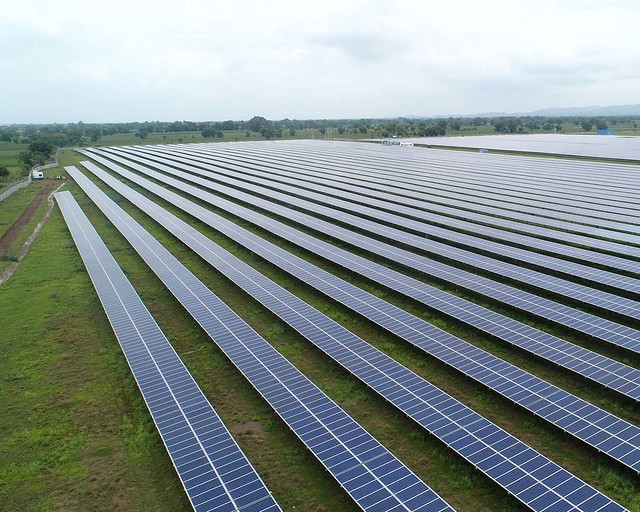Solar Energy System for Home: Harness the Power of Solar Electricity Generation
Solar Energy System for Home: Harness the Power of Solar Electricity Generation
Generating clean and renewable energy at home has become increasingly solar energy system for home popular in recent years. With the advancement of technology, it is now easier than ever to implement a solar energy system for your home. In this article, we will explore the manufacturing process, characteristics, advantages, usage tips, and how to ch solar energy system for home oose the right solar energy system.
Manufacturing Process:
A solar energy system for home consists of several key components. The most important one is the photovoltaic (PV) cells or modules that convert sunlight into electricity. These PV cells are typically made from silicon wafers through a meticulous manufacturing process. Multiple PV c Residential renewable energy infrastructure ells are then connected to form a module, which can be further assembled into an array capable of generating enough electricity for residential use.
Characteristics:
The primary characteristic of a domestic photovoltaic system is it Solar electricity generation for home s ability to generate electricity using clean and abundant sunlight. Unlike conventional power plants that rely on fossil fuels emitting harmful greenhouse gases, solar panels produce zero emissions during operation. Additionally, these systems have a relatively long lifespan ranging from 20 to 30 years with proper maintenance.
Advantages:
One significant advantage of installing a residential renewable energy infrastruct

ure lies in its potential cost savings over time. By harnessing free and abundant sunlight as an alternative source of power generation, homeowners can significantly reduce their monthly utility bills or even eliminate them altogether by feeding excess electricity back into the grid through net metering programs.
Usage Tips:
To maximize the benefits of your home solar panel installation, regular cleaning and inspection are essenti

al practices. Clear any debris such as leaves or snow that may accumulate on top of your panels regularly. Examine connections and wiring integrity periodically while ensuring all inverters and batteries are functioning correctly.
How to Choose Your Solar Energy System:
Selecting an appropriate home-based solar energy syste solar energy system for home m requires careful consideration based on individual needs and preferences:
1. Determine your energy consumption: Calculate your average monthly electricity usage to estimate the siz solar energy system for home e of the system you will need. Consider factors such as available roof space and shading that may affect solar panel efficiency.
2. Research reputable manufacturers: Look for well-established companies with a track record of producing high-quality and reliable solar energy systems. Read cu solar energy system for home stomer reviews, check certifications, and compare pricing options.
3. Consult with professionals: Reach out to local solar installation companies or energy consultants who can provide expert advice tailored to your specific circumstances. They can help design a system that meets your energy goals effici Domestic photovoltaic system implementation ently.
Conclusion:
In conclusion, installing a solar energy system for home is an environmentally friendly and financially sound choice in today’s world. By harnessing the power of sunlight through domestic photovoltaic systems, homeowners can reduce their reliance on traditio solar energy system for home nal grid-dependent electricity while enjoying cost savings over time. Remember to research thoroughly, engage professionals if needed, and embrace this clean energy solution for a brighter future.
